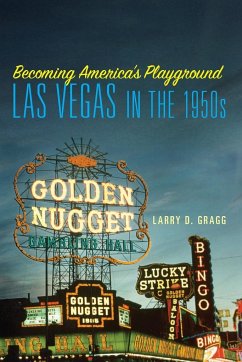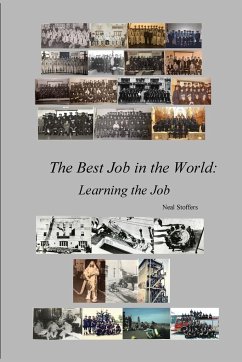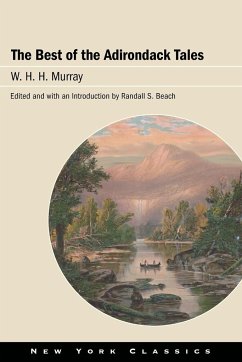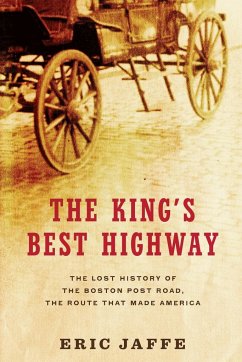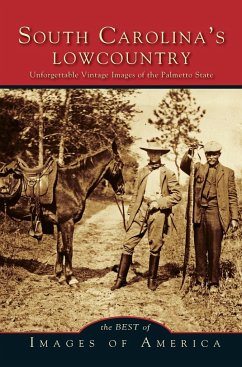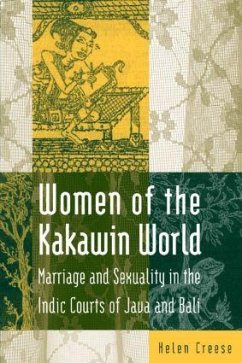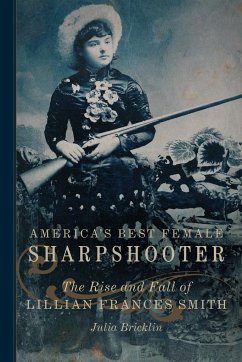
America's Best Female Sharpshooter
The Rise and Fall of Lillian Frances Smith
Versandkostenfrei!
Versandfertig in 1-2 Wochen
22,99 €
inkl. MwSt.

PAYBACK Punkte
11 °P sammeln!
Today, most remember "California Girl" Lillian Frances Smith (1871–1930) as Annie Oakley’s chief competitor in the small world of the Wild West shows’ female shooters. But the two women were quite different: Oakley’s conservative "prairie beauty" persona clashed with Smith’s tendency to wear flashy clothes and keep company with the cowboys and American Indians she performed with. This lively first biography chronicles the Wild West showbiz life that Smith led and explores the talents that made her a star. Drawing on family records, press accounts, interviews, and numerous other sourc...
Today, most remember "California Girl" Lillian Frances Smith (1871–1930) as Annie Oakley’s chief competitor in the small world of the Wild West shows’ female shooters. But the two women were quite different: Oakley’s conservative "prairie beauty" persona clashed with Smith’s tendency to wear flashy clothes and keep company with the cowboys and American Indians she performed with. This lively first biography chronicles the Wild West showbiz life that Smith led and explores the talents that made her a star. Drawing on family records, press accounts, interviews, and numerous other sources, historian Julia Bricklin peels away the myths that enshroud Smith’s fifty-year career. Known as "The California Huntress" before she was ten years old, Smith was a professional sharpshooter by the time she reached her teens, shooting targets from the back of a galloping horse in Buffalo Bill Cody’s Wild West. Not only did Cody offer $10,000 to anyone who could beat her, but he gave her top billing, setting the stage for her rivalry with Annie Oakley. Being the best female sharpshooter in the United States was not enough, however, to differentiate Lillian Smith from Oakley and a growing number of ladylike cowgirls. So Smith reinvented herself as "Princess Wenona," a Sioux with a violent and romantic past. Performing with Cody and other showmen such as Pawnee Bill and the Miller brothers, Smith led a tumultuous private life, eventually taking up the shield of a forged Indian persona. The morals of the time encouraged public criticism of Smith’s lack of Victorian femininity, and the press’s tendency to play up her rivalry with Oakley eventually overshadowed Smith’s own legacy. In the end, as author Julia Bricklin shows, Smith cared more about living her life on her own terms than about her public image. Unlike her competitors who shot to make a living, Lillian Smith lived to shoot.






